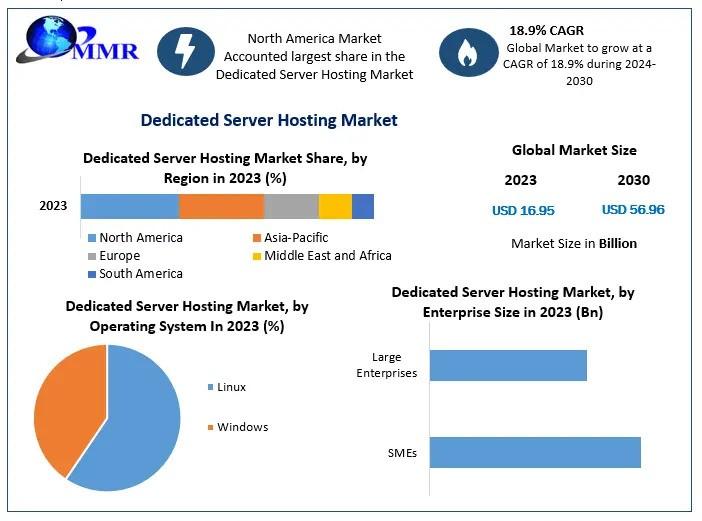
Table of Contents
Show more
Show less
With a more connected world, it’s no wonder people want to share their content online. Some use websites to share ideas, while others build a full-fledged business from it. Blogger and WordPress are two of the most popular website builders available today. Both platforms have a solid reputation after having been around for nearly two decades each. The best solution for you depends on your goals and how you plan to use the platform. In this Blogger vs. WordPress guide, we’ll compare the two platforms, so you can decide which is the best for your needs and budget.
Blogger vs. WordPress at a Glance
WordPress.org is more frequently used compared to Blogger, with many themes and plugins to choose from to customize the look and feel of your site using no coding. If you know HTML or Java, it allows for that, too. WordPress is free, but you’ll need to pay for hosting with a hosting company, which typically runs less than $10 per month. If you’re running a business, WordPress is best, despite Blogger originally being specifically for commercial blogging.
Blogger is a free WordPress alternative that has been around for four years longer. It offers free themes, although they’re basic and makes it obvious you’re using the platform as they’re all very similar to each other. However, Blogger is a great option for users who want a decent, basic blogging platform. You won’t get any frills, but the learning curve is low, and you can start publishing content in minutes.
How the Services Stack Up
Both Blogger and WordPress.org are free, but WordPress is self-hosted. This means that you must use a hosting company to use it. You can find host companies for a few dollars per month if you pay for three years at a time. While many WordPress plugins are free, some of the more extensive ones will cost you money, such as ones meant to give you an online store.
Since 2018, Blogger provides unlimited storage. The amount of storage available with WordPress depends on the host company you use, but 50 GB is standard for most companies. For most people, this is enough. Once your site gets more traffic, you may need to increase the package you pay for, which often comes with unlimited storage and a dedicated server.
WordPress has thousands of free themes, as well as premium ones. Blogger has a handful of similar-looking themes, and one site suggests there’s a workaround for uploading a premium theme, but others say their solution doesn’t work. If you’re looking for advanced customization and a unique look to your site, you’ll want to go with WordPress.
While WordPress does take a little more knowledge of coding than Blogger, it’s a very popular platform, so there are thousands of walk-throughs for just about anything you have trouble with. Most hosting companies even provide one-click installation so you can get started quickly. Once your site is up and running, you can drag and drop images, text and a whole host of content inside the editor. Blogger doesn’t have drag-and-drop functionality.
Bottom Line
Either Blogger or WordPress will provide you with a way to share content with an online audience. They’re both free, come with free themes and offer enough storage for most needs. If you’re just looking for a no-frills, easy-to-use blogging platform, Blogger is perfect for sharing content with friends and family. If you’re running a business or want to blog professionally, you should use WordPress.org to establish a more polished brand.
https://www.forbes.com/advisor/in/business/software/blogger-vs-wordpress/







